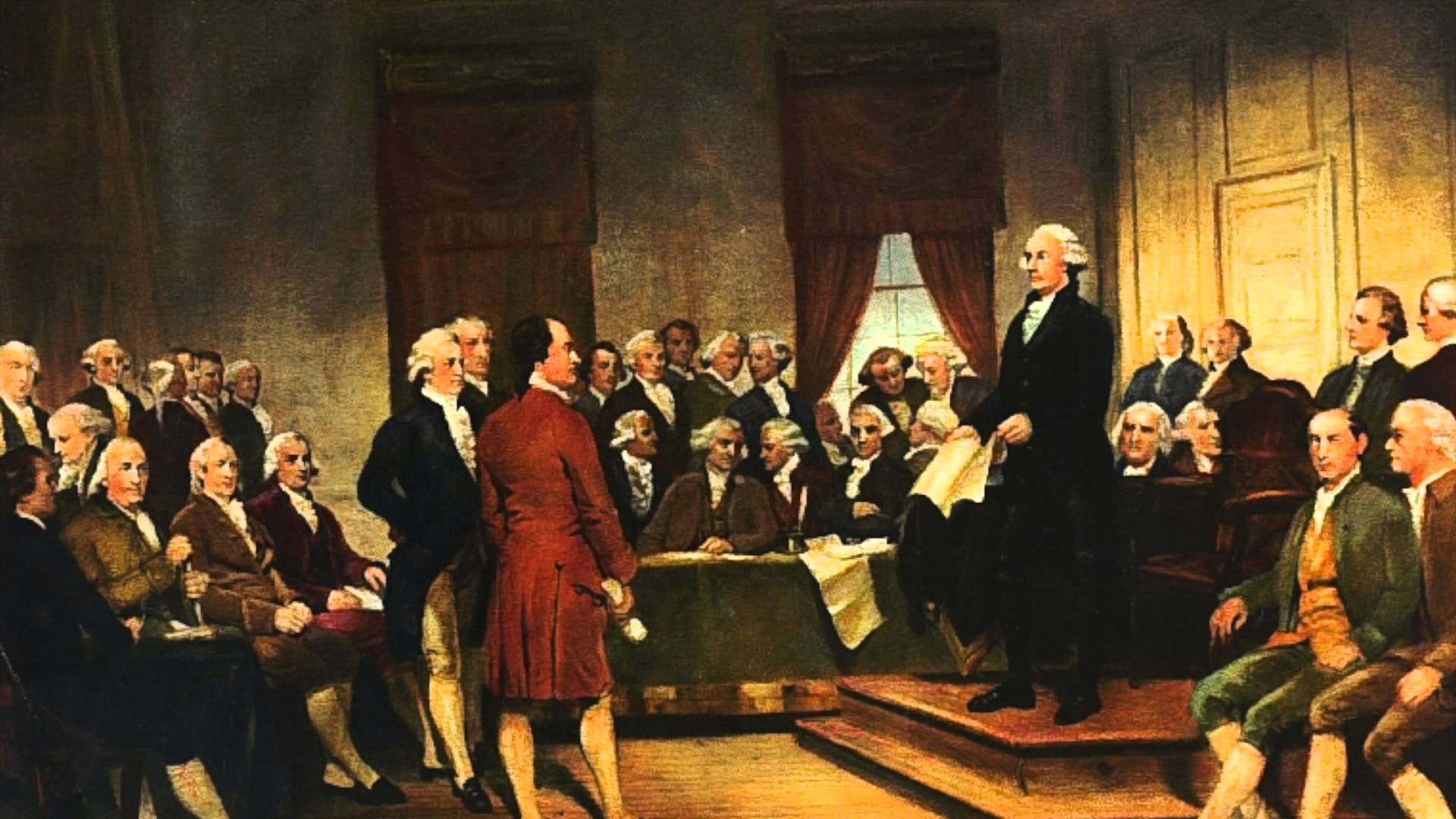Washington is in a tizzy. By the end of the month, funding for the national government expires, and the Treasury’s gimmicky “extraordinary measures” to pay the government’s debts will fall flat. Congress and President Trump have two options: cut spending and live off tax revenues or raise the debt ceiling.
That ceiling is a congressional limit on how much debt the national government can carry. It is much the same as a limit on a consumer’s credit card. Once the consumer reaches the limit, he can’t make any more purchases unless the bank increases it. The current ceiling is $19.8 trillion. Each citizen’s share is approximately $61,330.
Most likely before the end of the month Republicans and Democrats will negotiate some temporary solution that raises the debt ceiling and promises minor spending cuts in the future. Contrary to the wishes of his own party, the President appears to have such a deal in the works after meeting with Senate Minority Leader Charles E. Schumer (D-N.Y.) and House Minority Leader Nancy Pelosi (D-Calif.)
This will keep the government in operation, but it will do little to address structural problems.
If our leaders are serious about a solution to the problem of our debt, they should turn to early American history. The strict limits on funding during the Confederation period and the abandonment of restraint found in our Constitution point to a happy medium by which profligate spending can be controlled.
The main problem with our first national constitution, the Articles of Confederation, was that Congress had no independent source of revenue to pay the debts from the Revolutionary War. To check the general government’s power, the Articles denied Congress the power to tax and instead required it to requisition money from the states. Persuading the states to pay was not easy.
During the war Congress had tried to outmaneuver this restriction on its authority by issuing paper money. In the short-term it enjoyed some success, but soon the paper became almost valueless and prices skyrocketed in the inflation.
From these experiences most Americans concluded that Congress needed some independent source of revenue.
The Constitution of 1787 sought to remedy that budgetary problem by providing Congress with the power to tax as well as to spend for enumerated purposes. The antifederalists, those who opposed ratification of the new constitution, agreed that Articles of Confederation needed modification, but they feared the Philadelphia Convention went too far in energizing the national government.
On the issue of taxation and revenue, the antifederalists rightly sensed that the demise of the state-requisition system and its replacement with the power to tax might lead to pernicious fiscal results. The New York ratifying convention, for example, recommended an amendment by which “no money [may] be borrowed on the credit of the United States without the assent of two thirds of the senators and representatives present in each house.” Massachusetts, South Carolina, New Hampshire, and Rhode Island expressed similar reservations about the new powers to tax, spend, and borrow.
Unfortunately, the men elected to the first Congress ignored the many requests for restrictions on Congress’s power to borrow. The Bill of Rights later presented to the states dealt with matters such as free speech, the quartering to troops, and criminal prosecutions, but mentioned nothing about the fiscal issues raised by the antifederalists.
Americans concerned about our out-of-control spending and crippling national debt should resurrect the amendment proposed by the New York ratifying convention. Under such an amendment, Congress would have full discretion — so far as permitted by the Constitution — to spend the revenues generated by taxation, but if Congress wanted to live beyond its means and borrow, a supermajority in both houses would have to agree. Such a provision would give fiscally responsible senators and representatives a club with which to beat back reckless spending.
We will probably witness some stop-gap measure to raise the debt ceiling. But for a permanent solution, modern Americans would do well to follow the antifederalist advice that our first Congress ignored.












